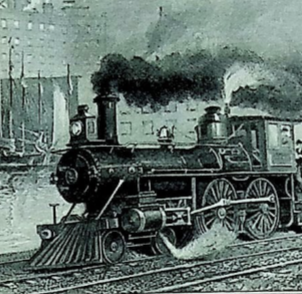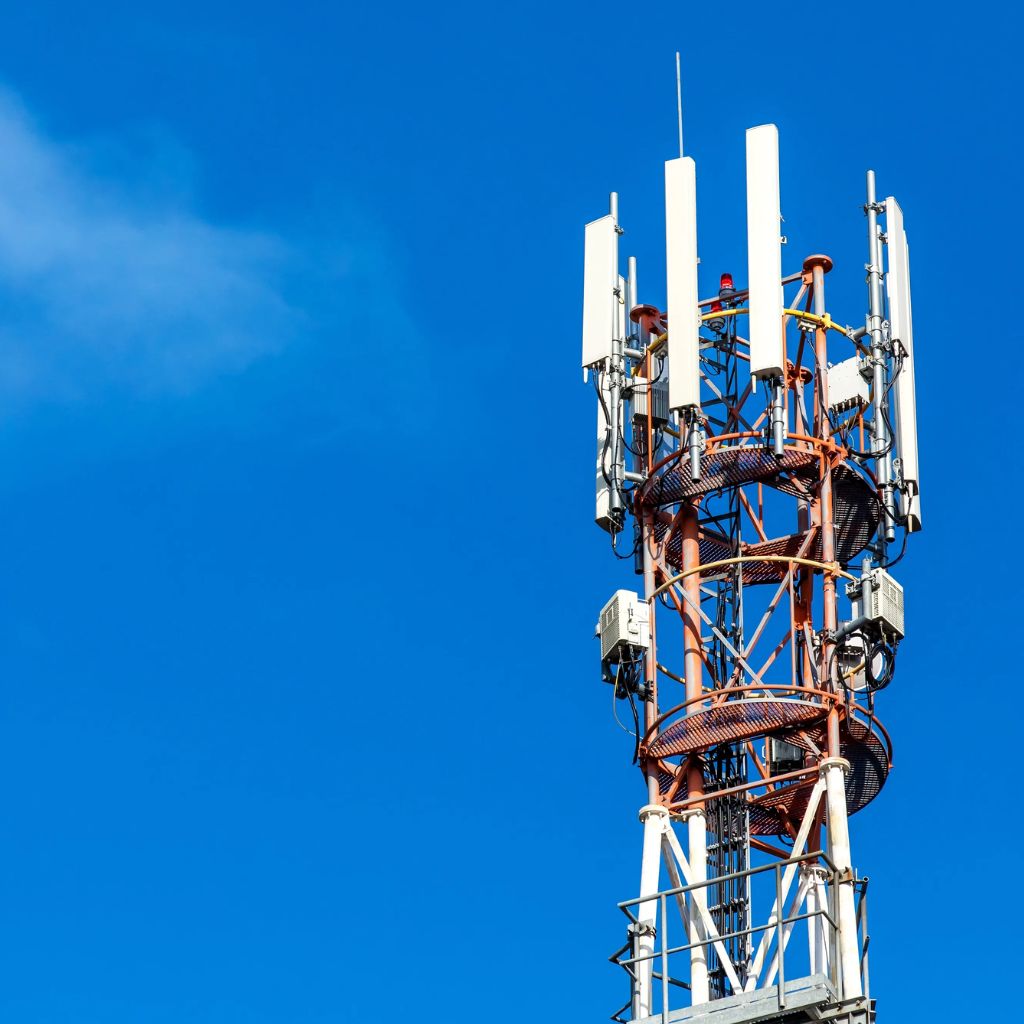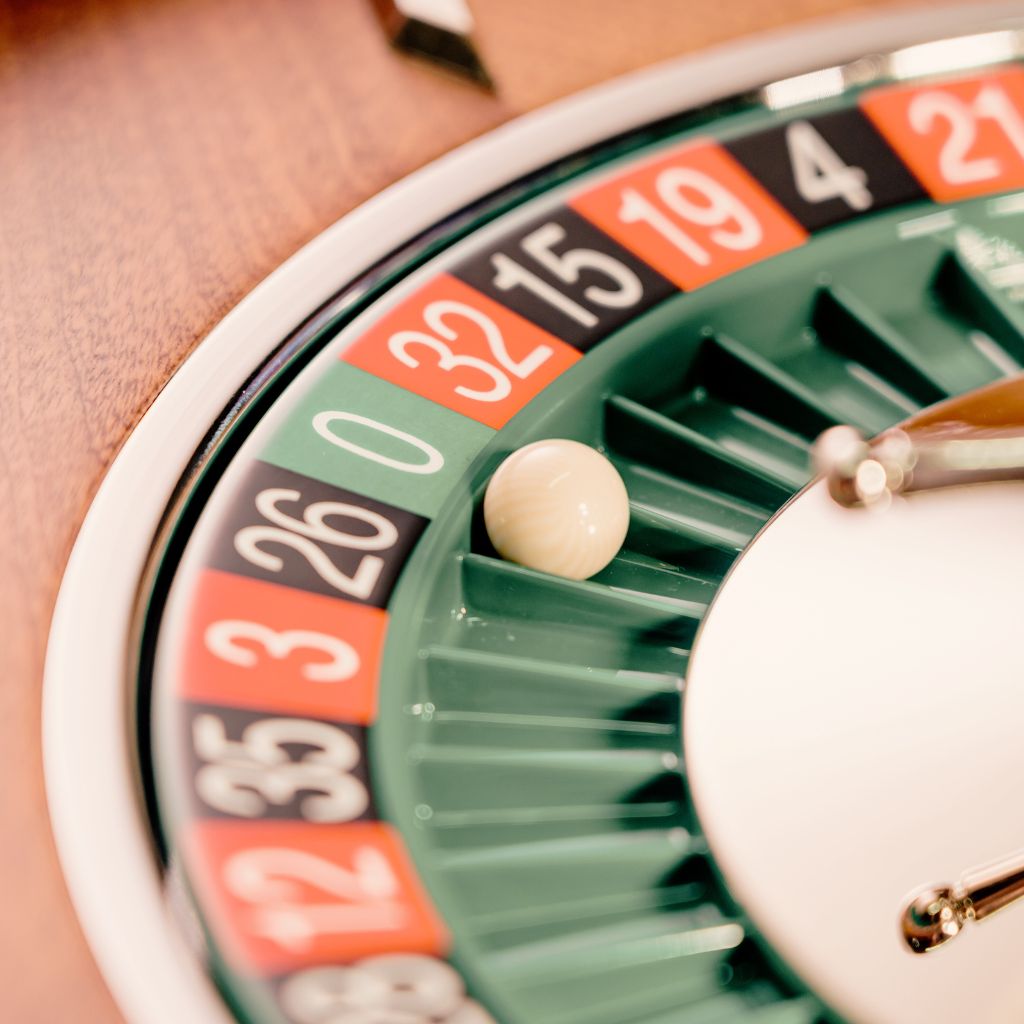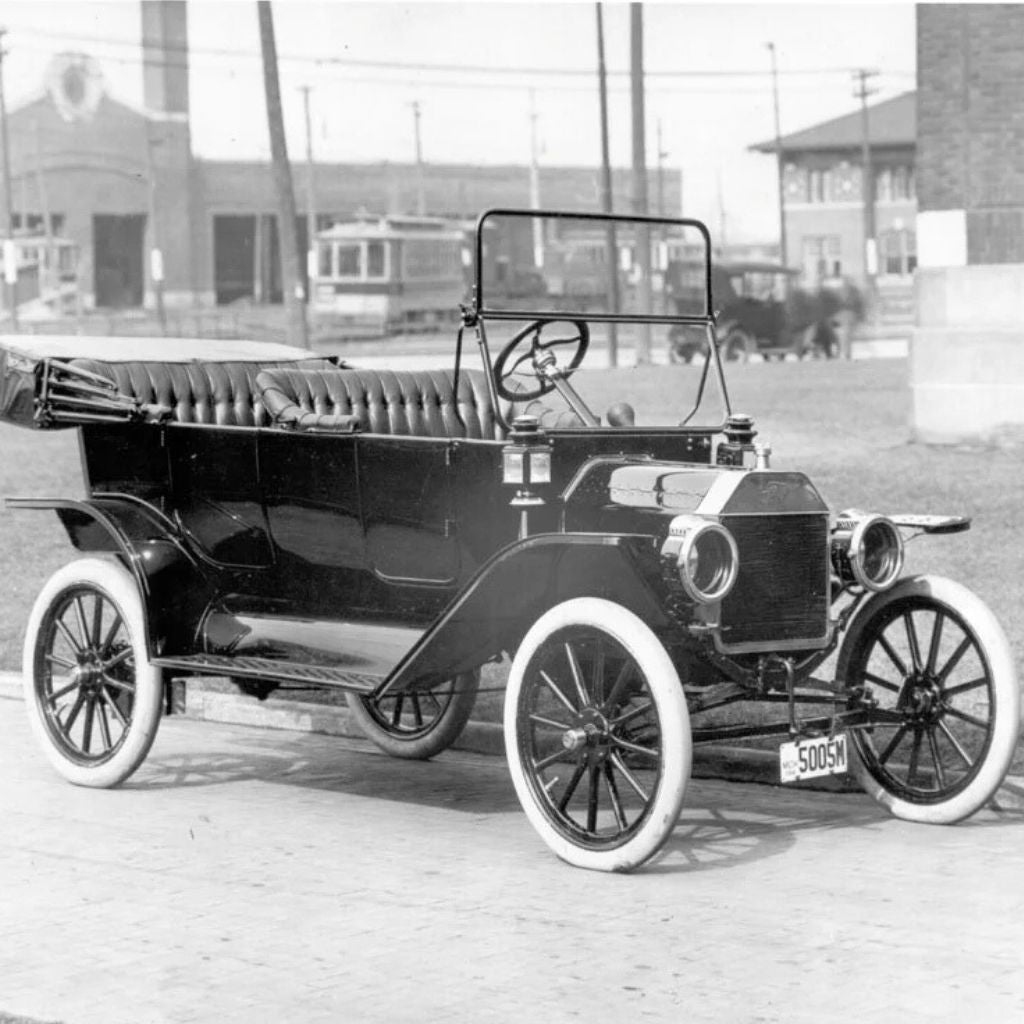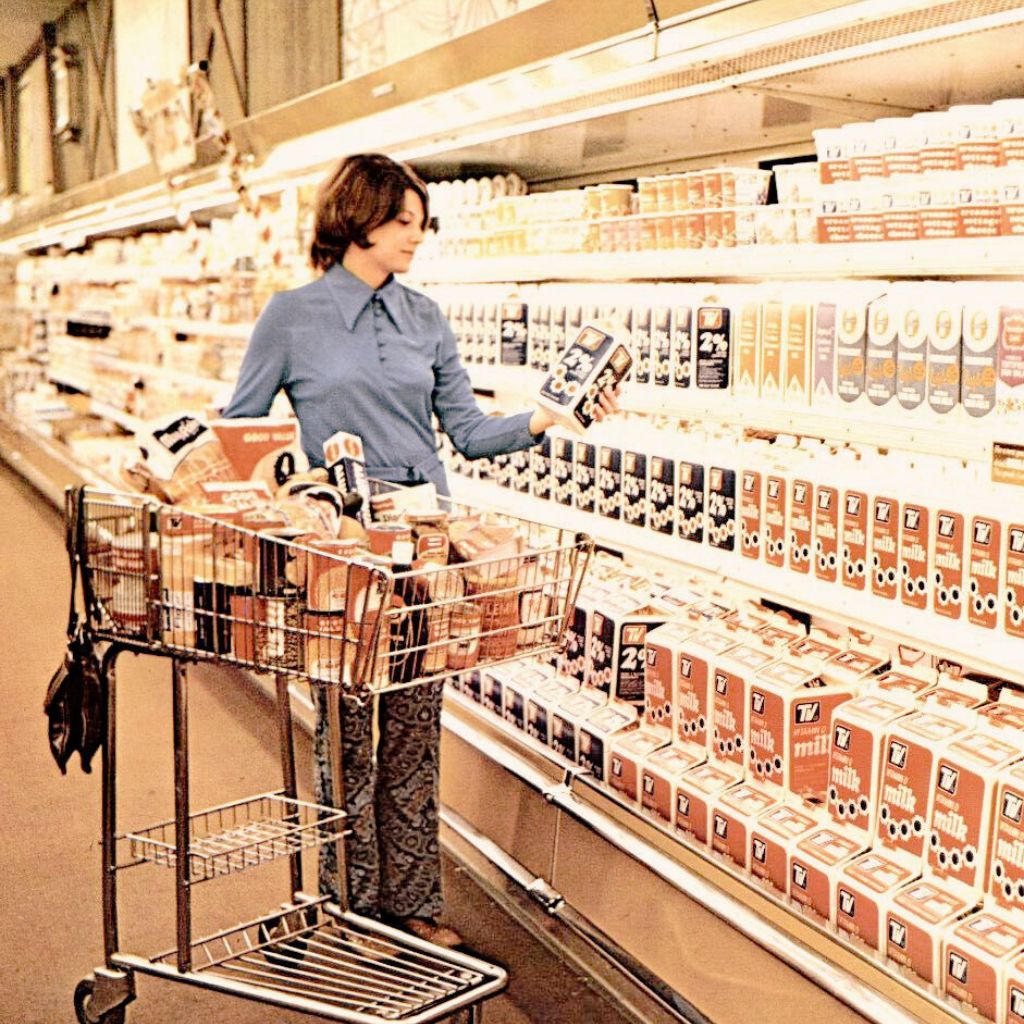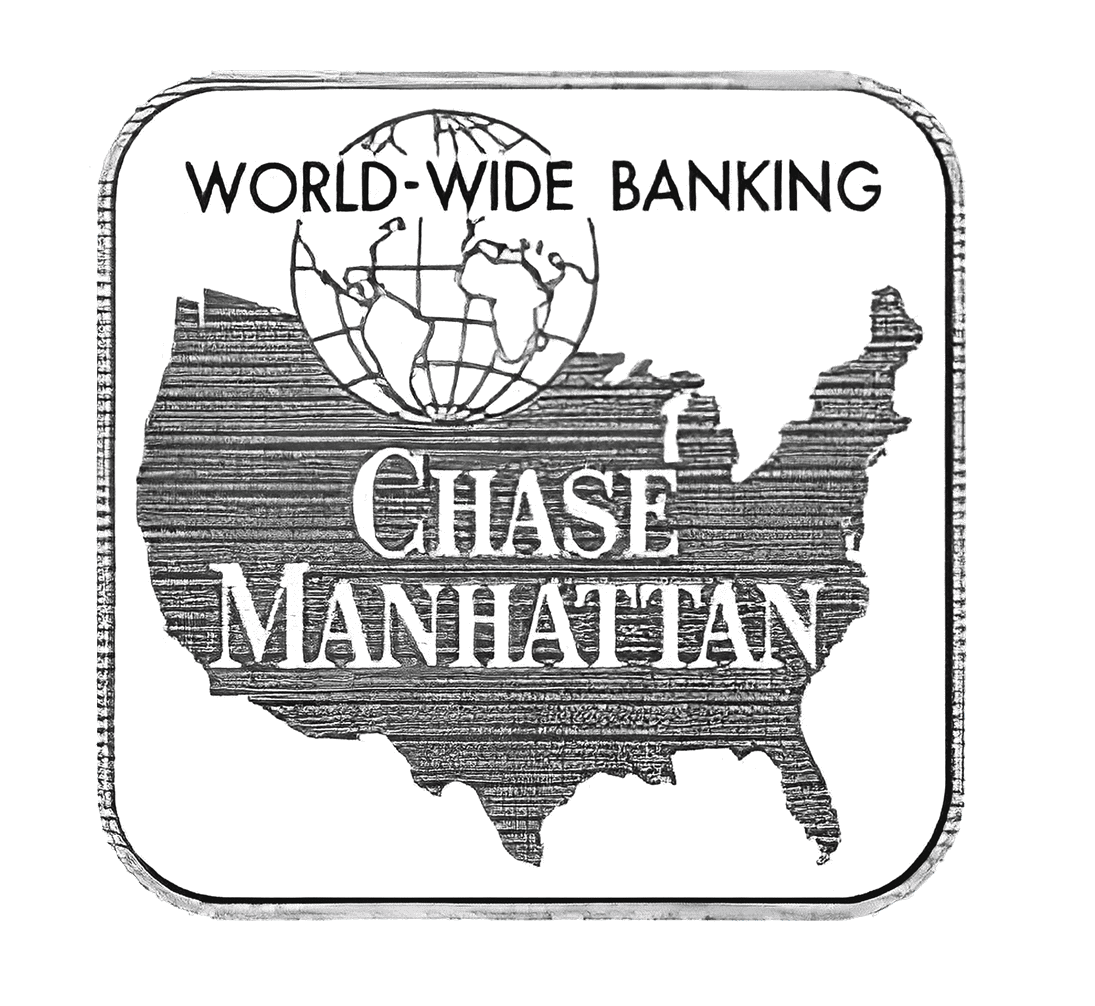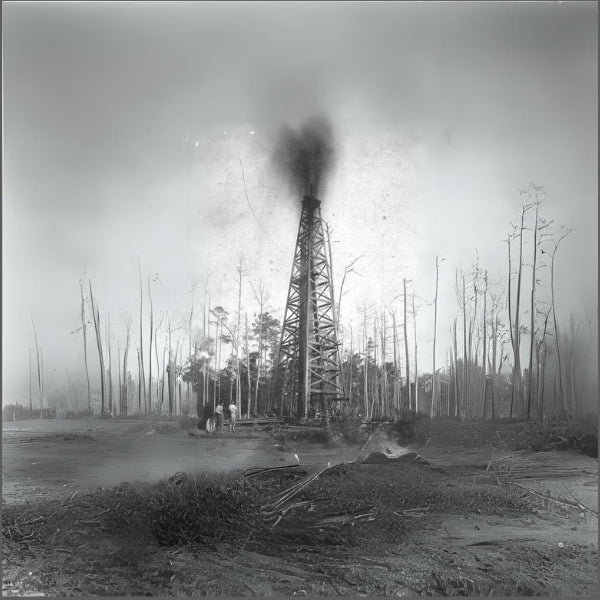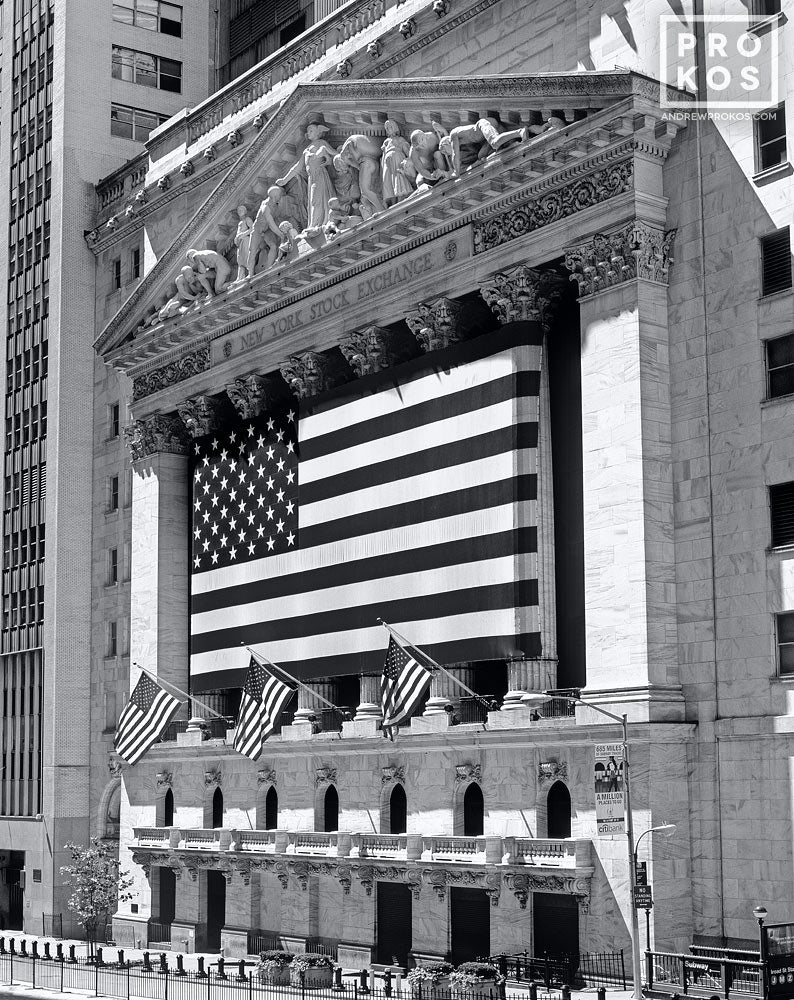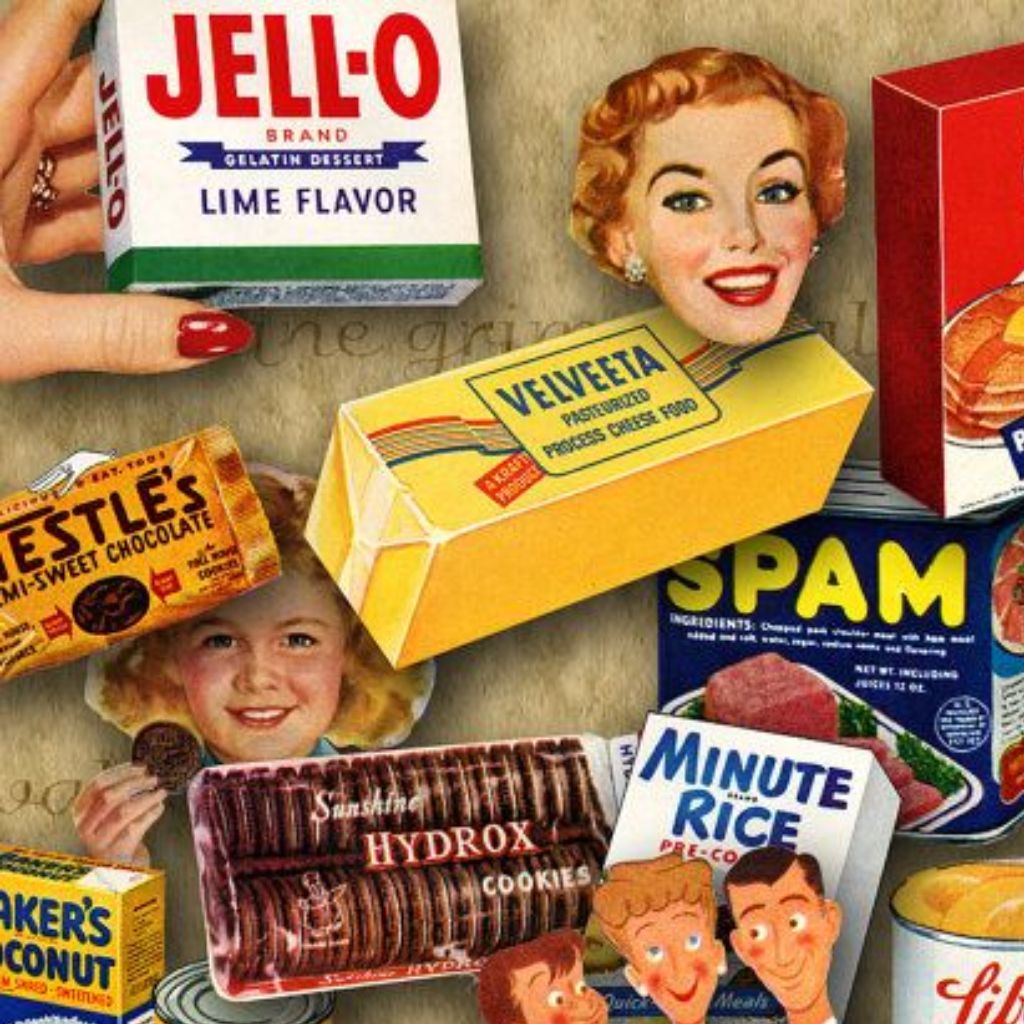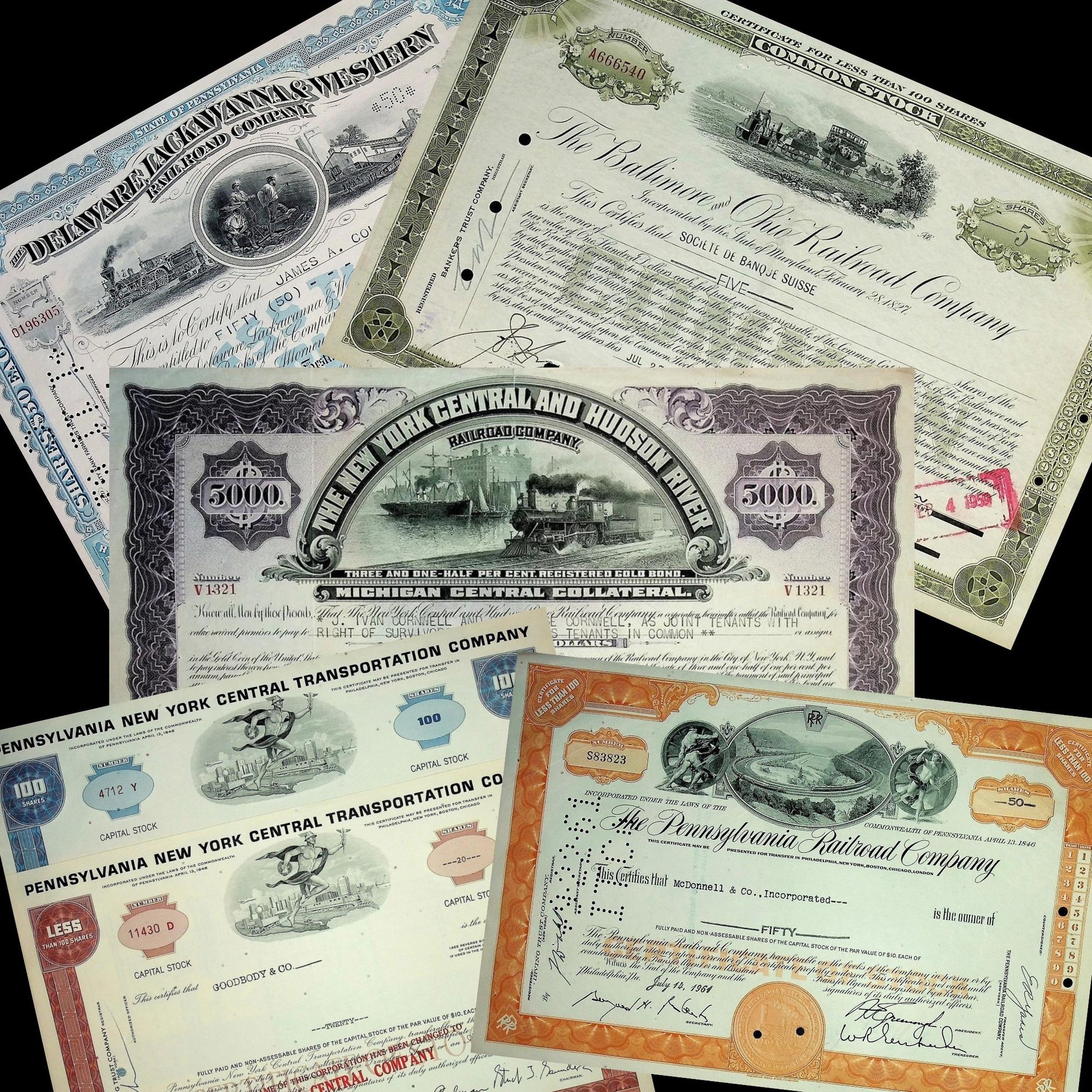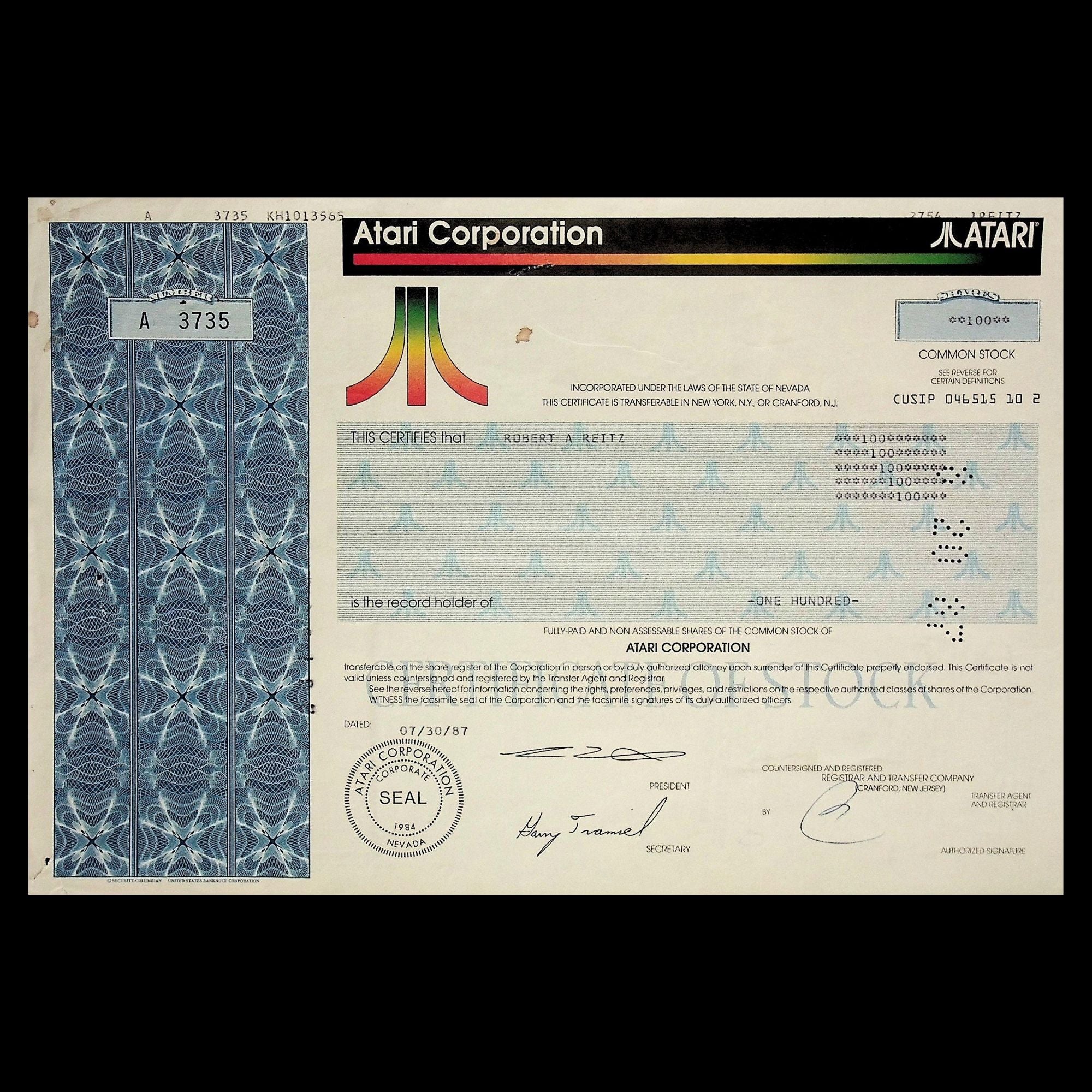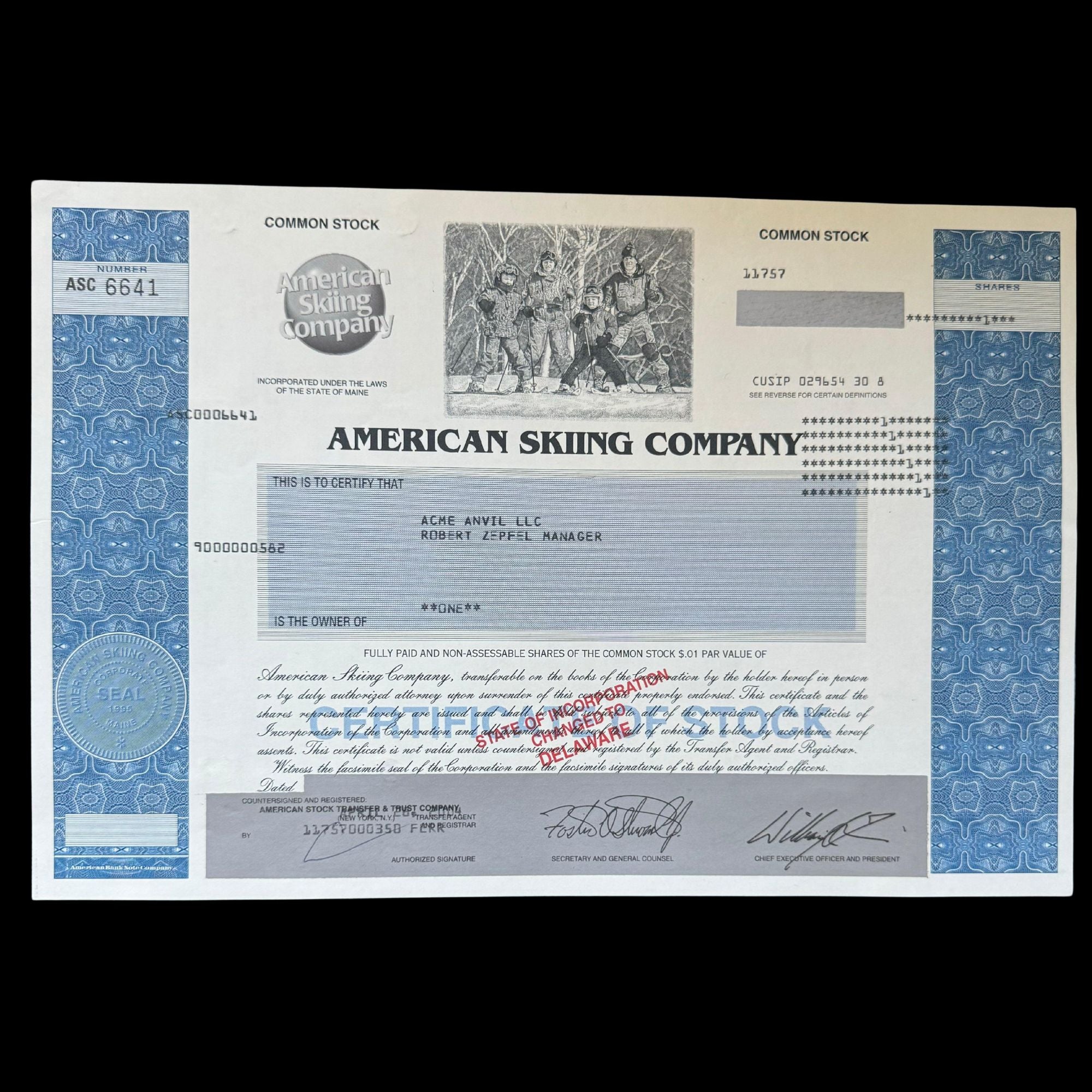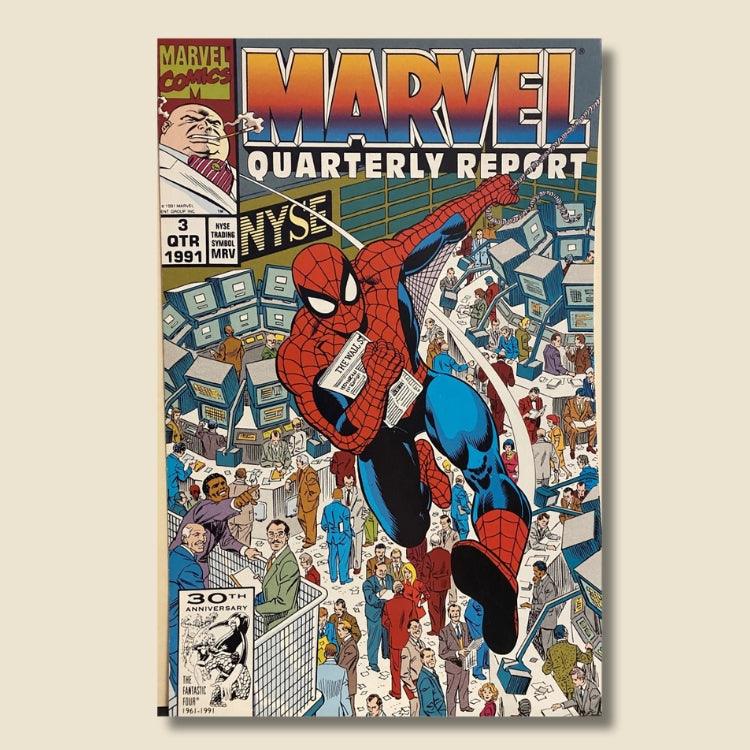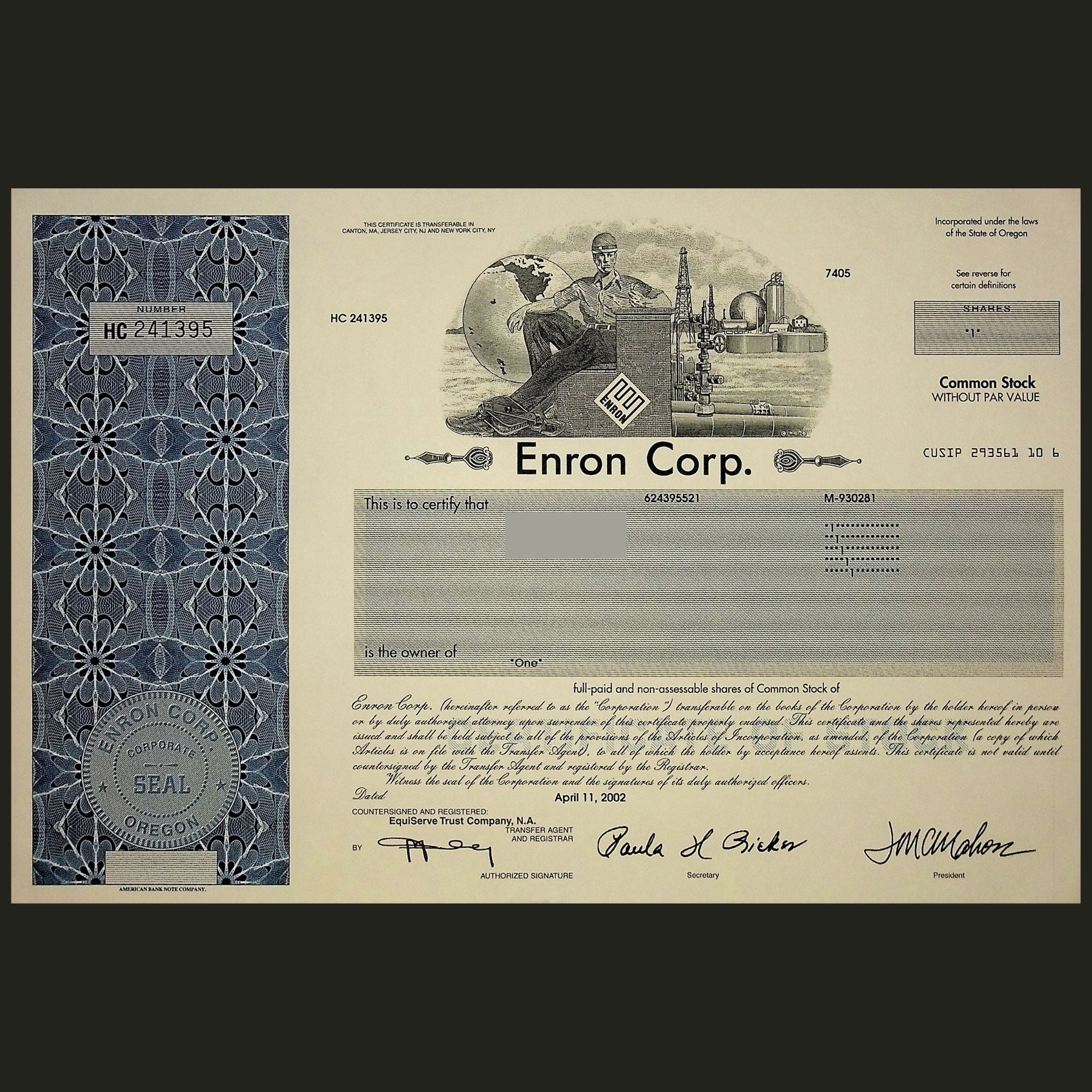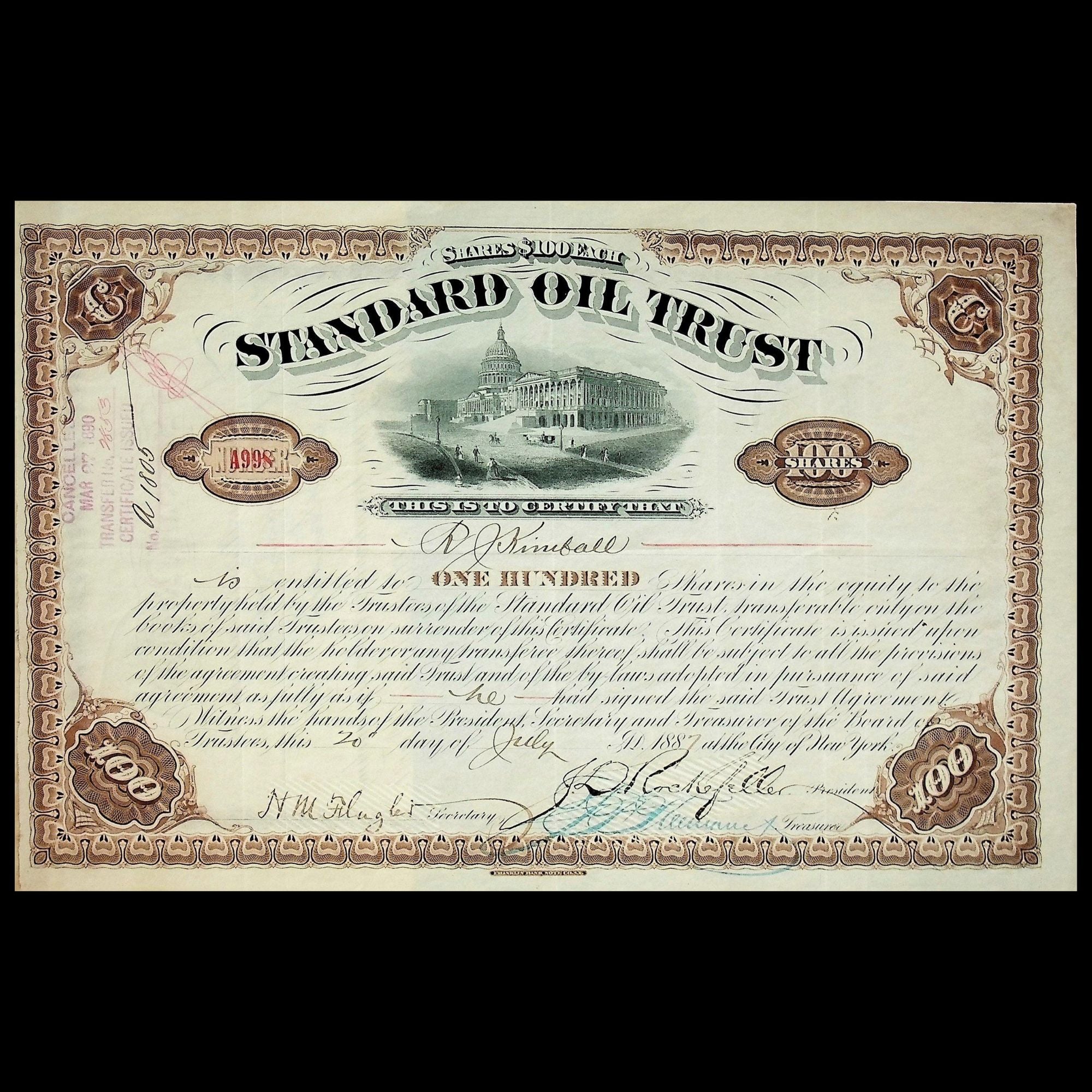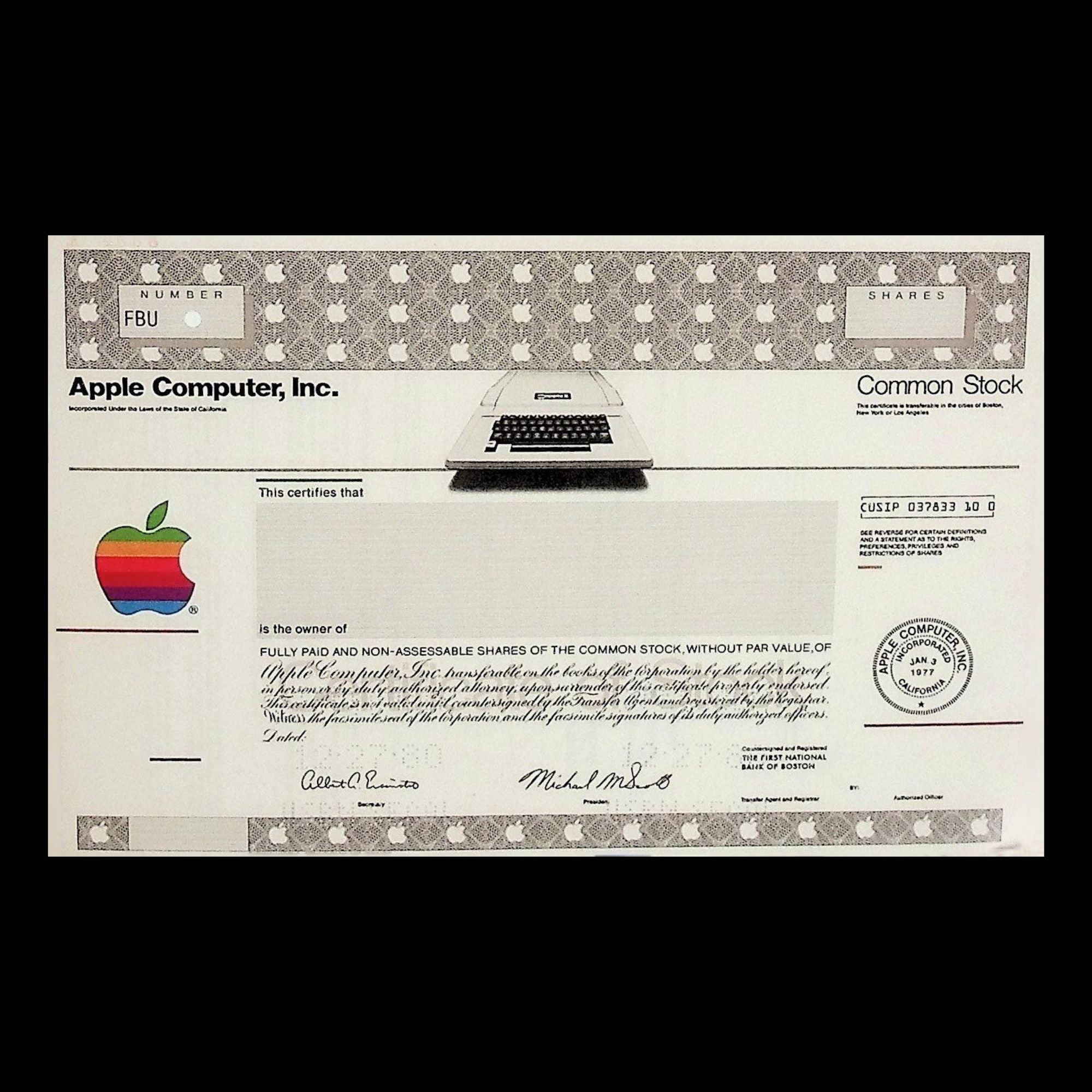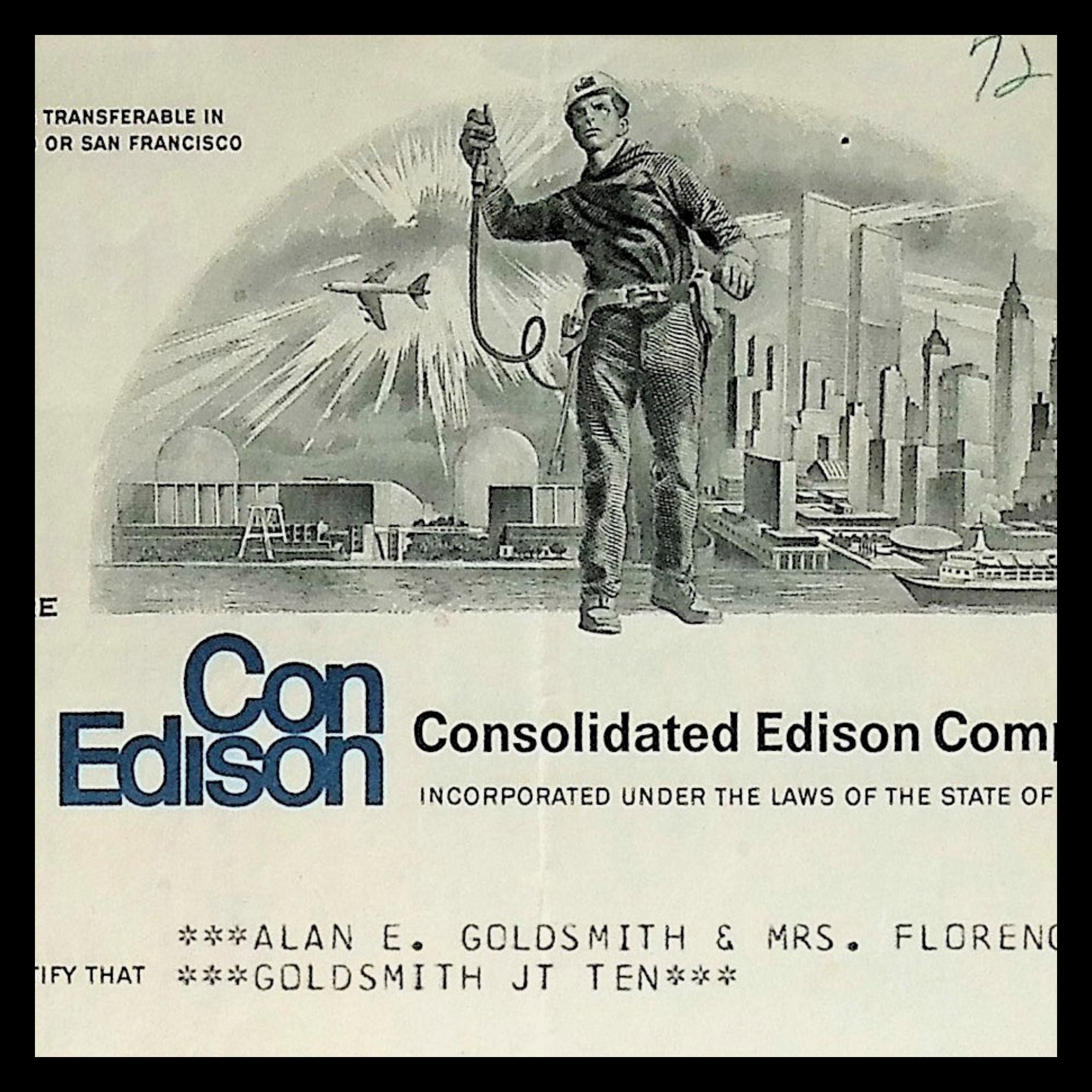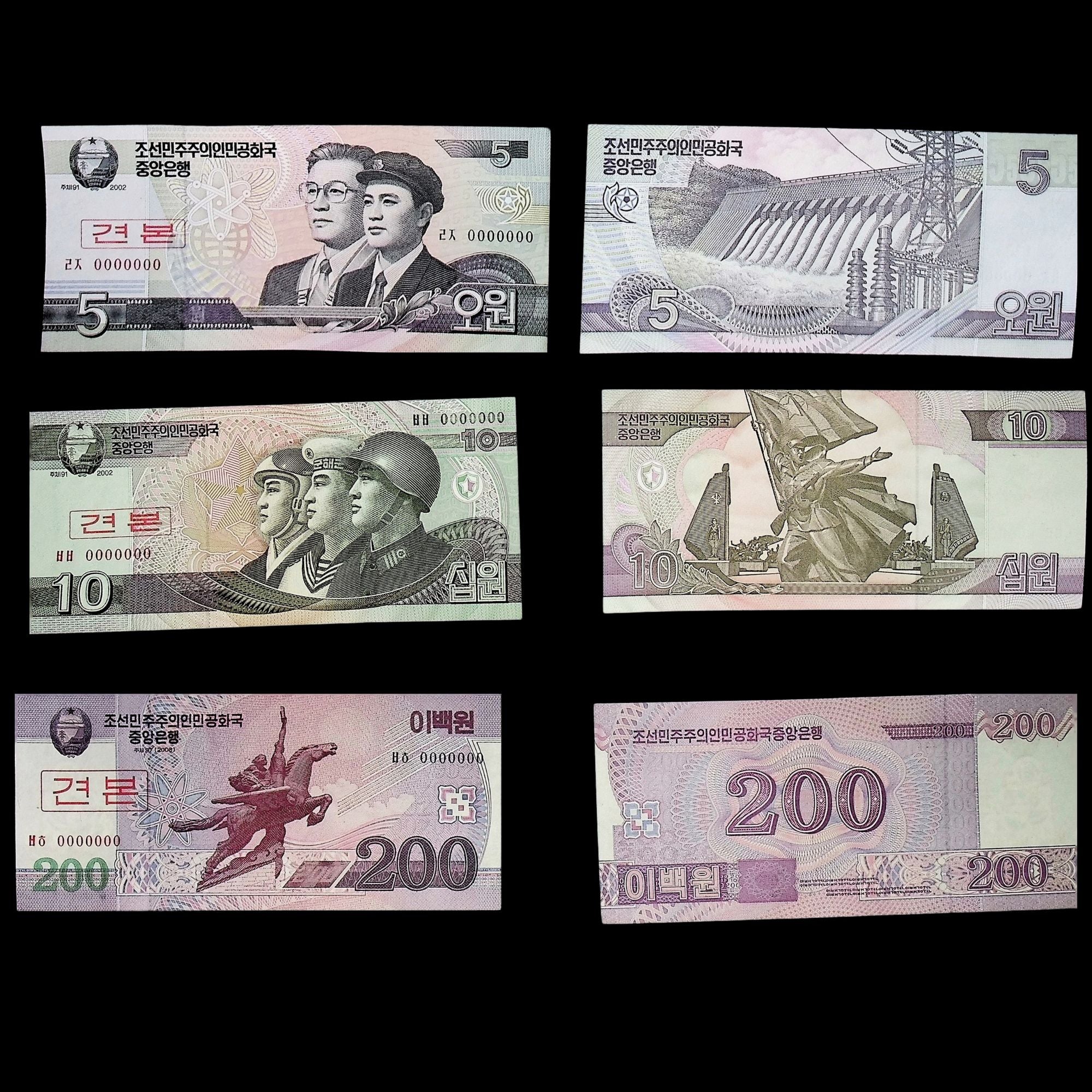Transitron Electronic Corporation (The Transistor Tycoon) Stock Certificate from 1969
Transitron Electronic Corporation (The Transistor Tycoon) Stock Certificate from 1969
Couldn't load pickup availability
Are the certificates authentic?
Are the certificates authentic?
Yes, all of the certificates we sell are authentic stock and bond certificates unless otherwise mentioned in the description. At one point in time, this certificate represented a share of of the company, or a bond receipt. These certificates have been removed from circulation and digitalized, as seen by cancellation holes, stamps and writing on the certificate. We offer these certificates as a collectable item, not a security.
This is a yellow stock certificate from the Transitron Electronic Corporation, issued in 1969. It has not been cancelled, sold as a collectable.
Transitron Electronic Corporation was a semiconductor company founded in 1952 by brothers David and Leo Bakalar in Wakefield, Massachusetts. The company was early in the semiconductor industry, becoming one of the top producers of diodes, rectifiers, and transistors by the mid-1950s.
One of Transitron's most important innovations was the gold-bonded germanium diode, which became widely used in computers and military equipment. The company was also at the forefront of silicon technology, claiming to have produced the world's first silicon rectifiers. These early successes in both germanium and silicon devices positioned Transitron as a major competitor to established electronics giants like General Electric, RCA, and Raytheon.
Transitron's rapid growth led to a highly anticipated initial public offering (IPO) on December 10, 1959.
The IPO was a resounding success, with 1,000,000 shares offered at $36 each being snapped up by investors in just 30 minutes. The IPO netted the Bakalar brothers $34.4 million for part of their interest in the company. They were dubbed "The Transistor Tycoon" by TIME Magazine in 1959
David Bakalar, received a Ph.D. in physical metallurgy from MIT, served as the president of Transitron from 1952 to 1984. Leo Bakalar, David's brother, acted as treasurer and chairman, with both brothers sharing equal decision-making power in the company's operations.
Transitron faced challenges in the 1960s as the semiconductor industry evolved. The company struggled to keep pace with the transition from germanium to silicon technology and later to integrated circuits. Although Transitron did produce integrated circuits and even developed a bipolar microprocessor, these efforts were not enough to maintain its competitive edge.
Transitron's decline continued through the 1970s and early 1980s. The company ultimately ceased operations in 1986, unable to adapt to the rapidly changing semiconductor landscape. Despite its eventual downfall, Transitron Electronic Corporation played a significant role in the early days of the semiconductor industry, contributing to the technological foundation that would shape the future of electronics.
Materials and care
Materials and care
Here are some quick tips to preserve your certificate for decades to come.
Paper quality: Stock certificates were printed on a variety of certificate paper dating back to the mid 1800s. Most of these vintage collectable certificates have signs of used & wear , cancellation holes, pencil / pen writing, stamps, staples, adhesives, slight rips, missing coupons and other features.
Handling: Always handle the certificate with clean, dry hands or use cotton gloves to avoid transferring oils and dirt from your skin onto the paper.
Storage: Store the certificate in a cool, dry place away from direct sunlight, which can cause fading. Use acid-free folders or archival-quality plastic sleeves to protect it from moisture, dust, and physical damage.
Framing: If displaying the certificate, use a frame with UV-protective glass to prevent light damage. Ensure the certificate is mounted using acid-free materials to avoid any chemical reactions that could degrade the paper over time.
Avoid Exposure: Keep the certificate away from direct sun, extreme temperatures and humidity, which can cause the paper to warp or deteriorate. Avoid exposing it to pollutants, such as smoke or chemicals, which can cause discoloration.
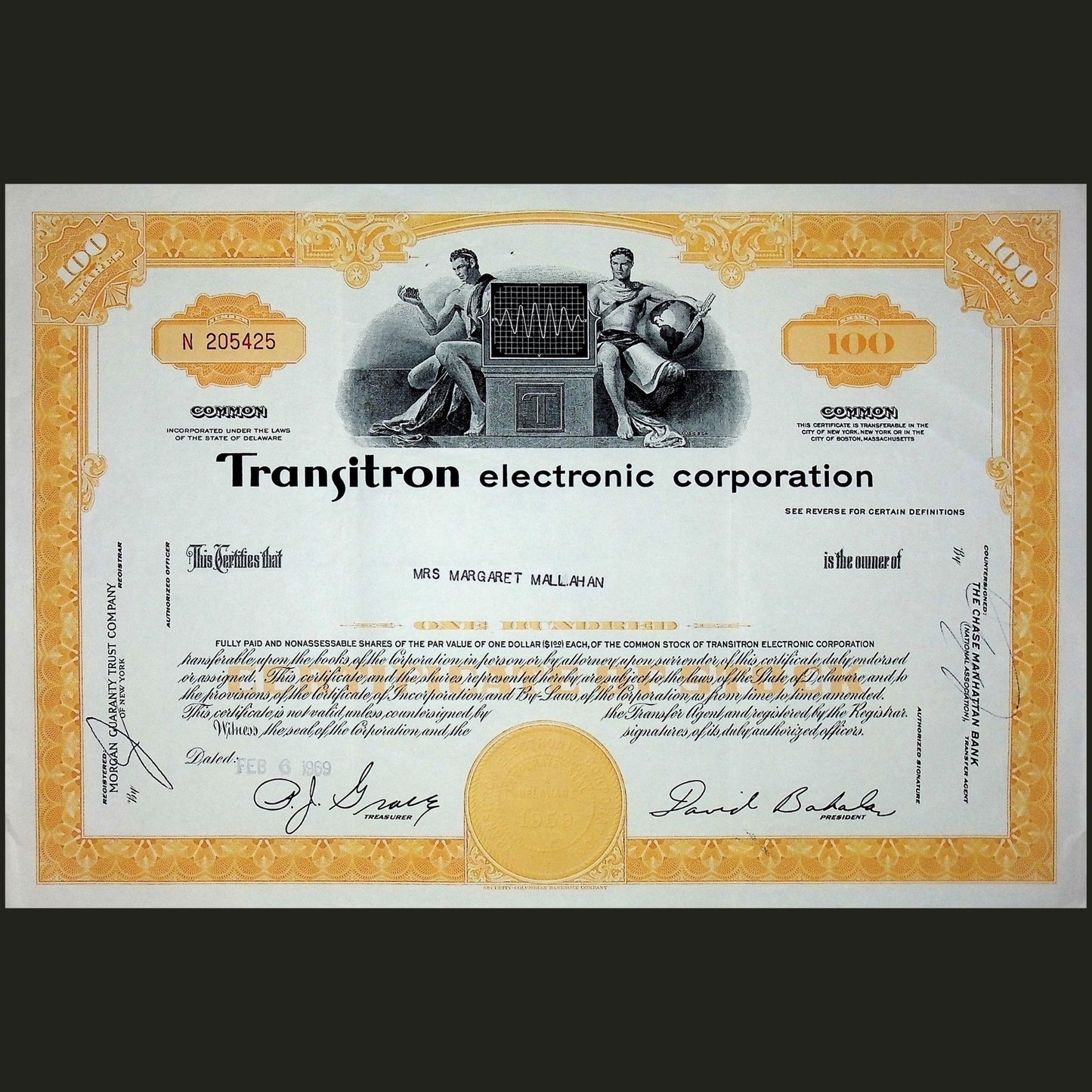
On orders over $50
Or your money back
Trust us to build their collection
Secure payment with all major providers
Trusted By Thousands of Collectors
Let customers speak for us
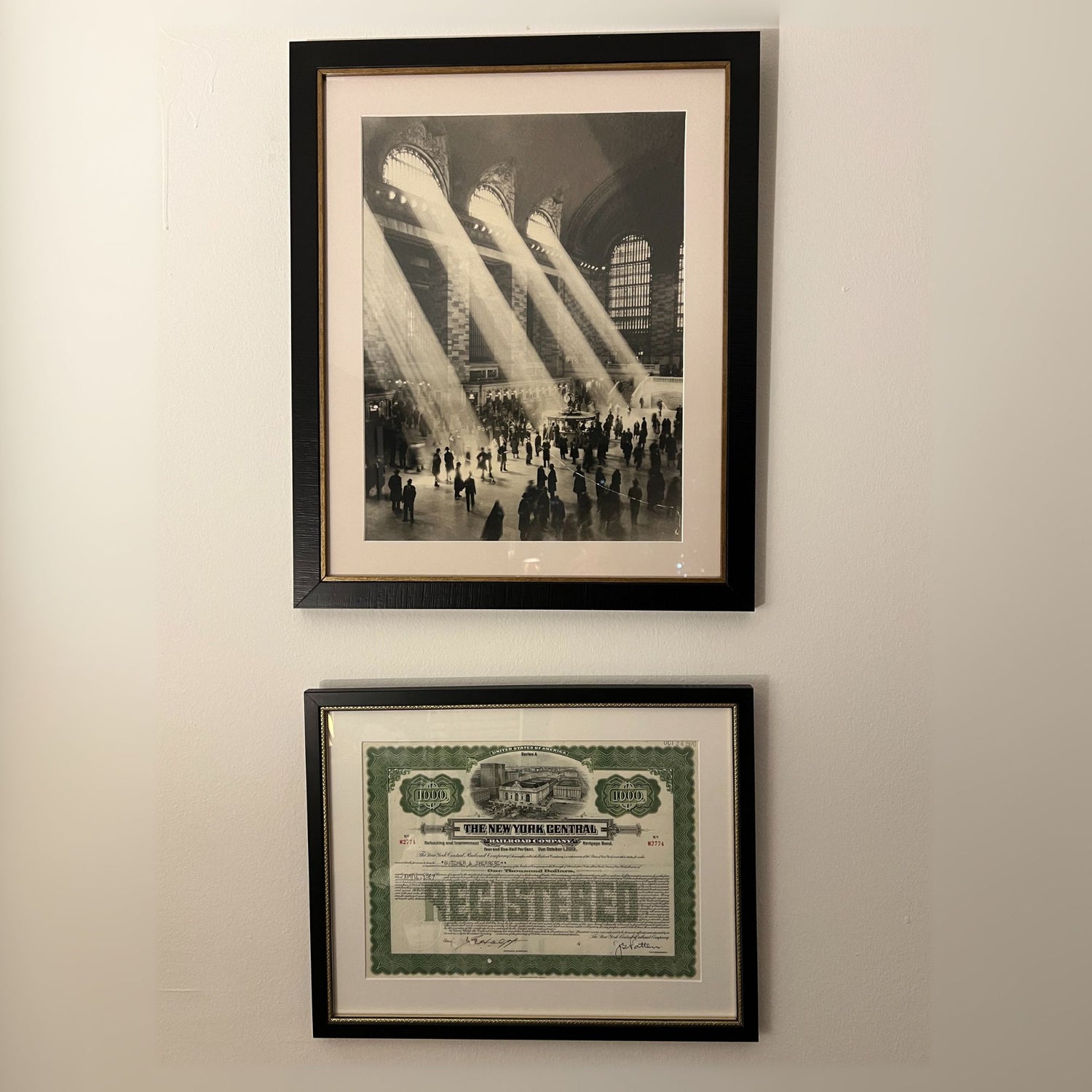
Art with a Backstory
Every Certificate Tells A Story
Turn rare stock and bond certificates into timeless décor. Piece showcases bold colors, engravings, and historic signatures perfect for an office, library, bar, common area, museum & more.
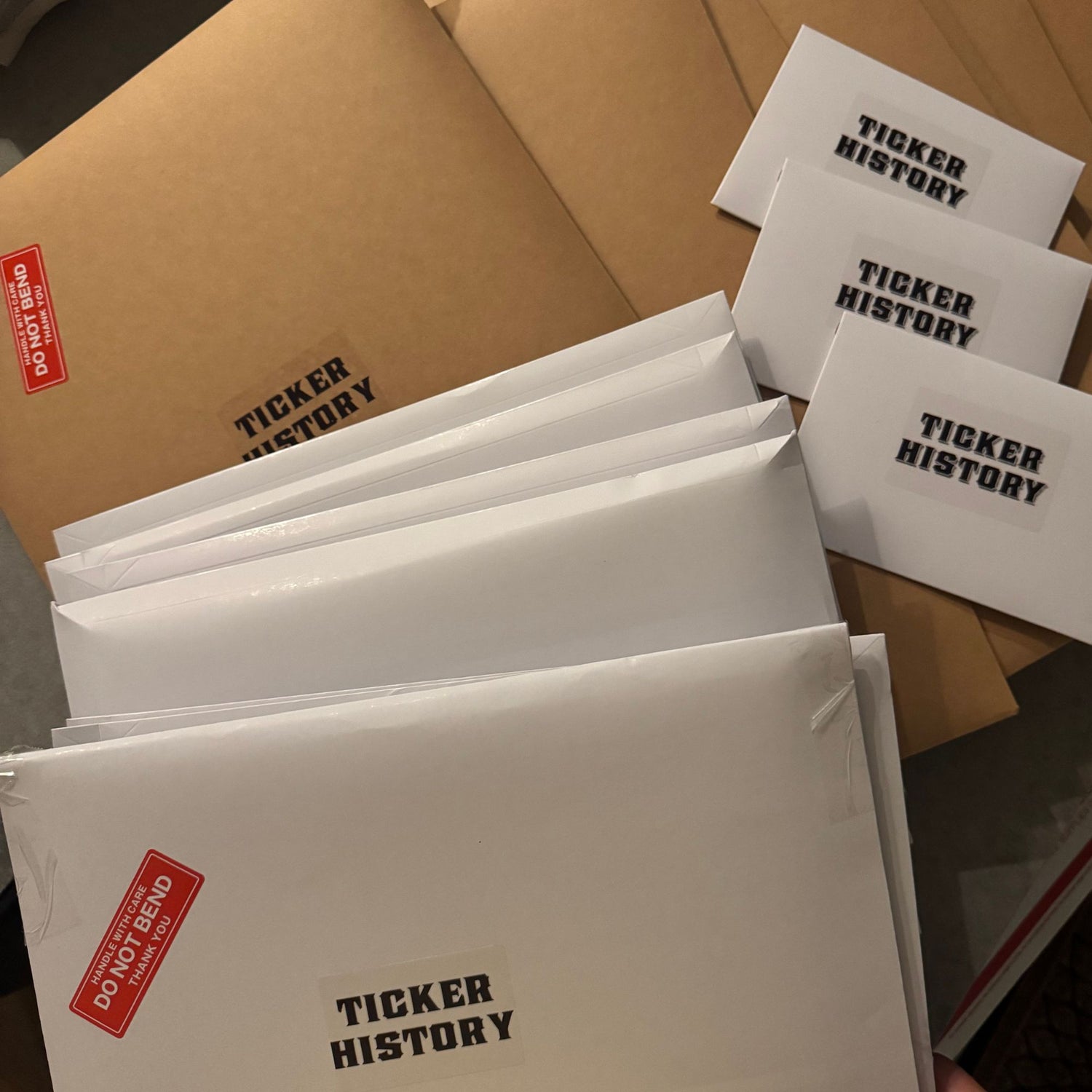
Orders Ship Daily
Direct From Wall Street's Archives
Orders are shipped flat with care, tracked & insured with USPS, in a strong, rigid, protected envelope. Daily fulfillment Monday - Thursday from NYC.
Railroad Stock & Bond Certificate Collectable Bundle Five Pack - 4x Stocks & 1x Bond
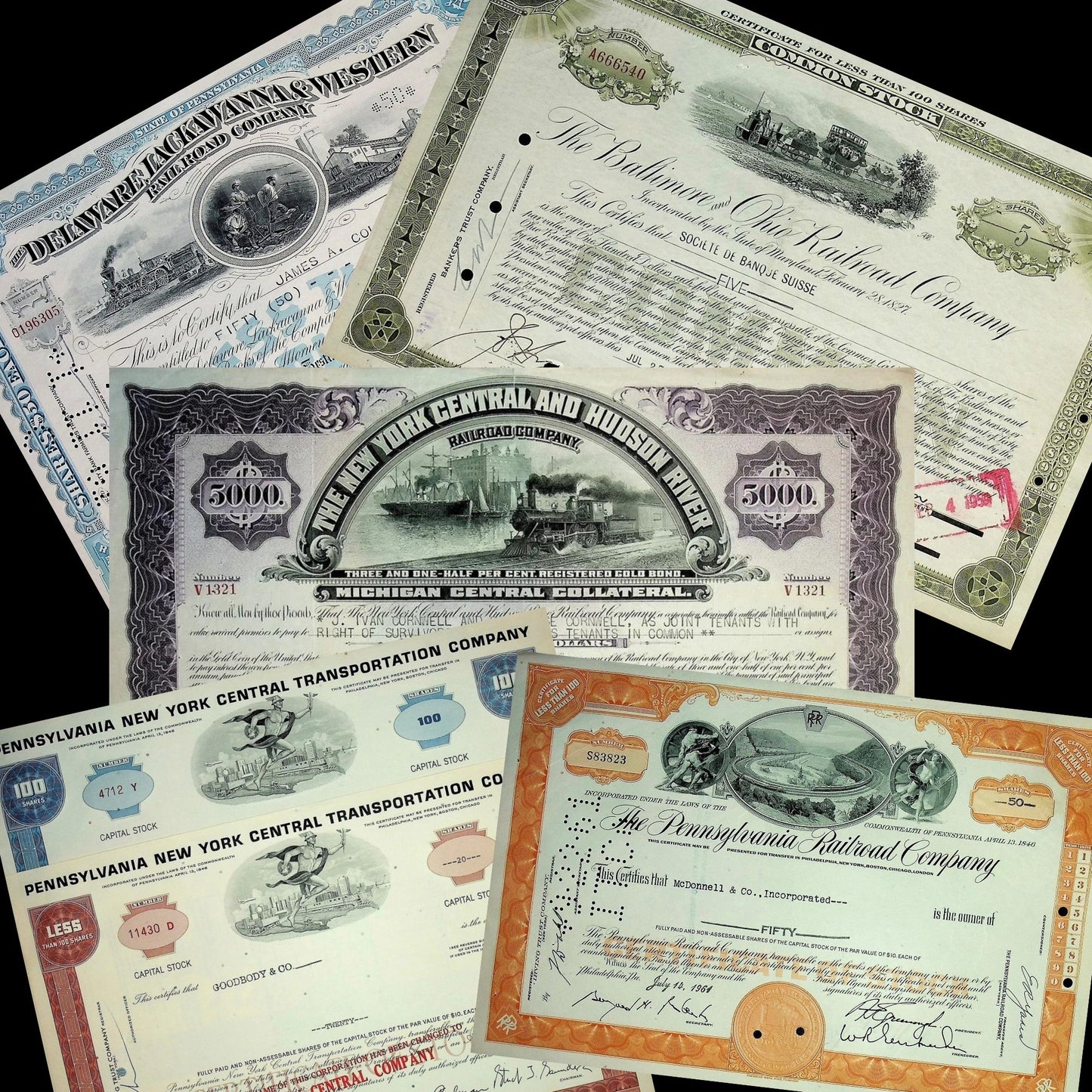
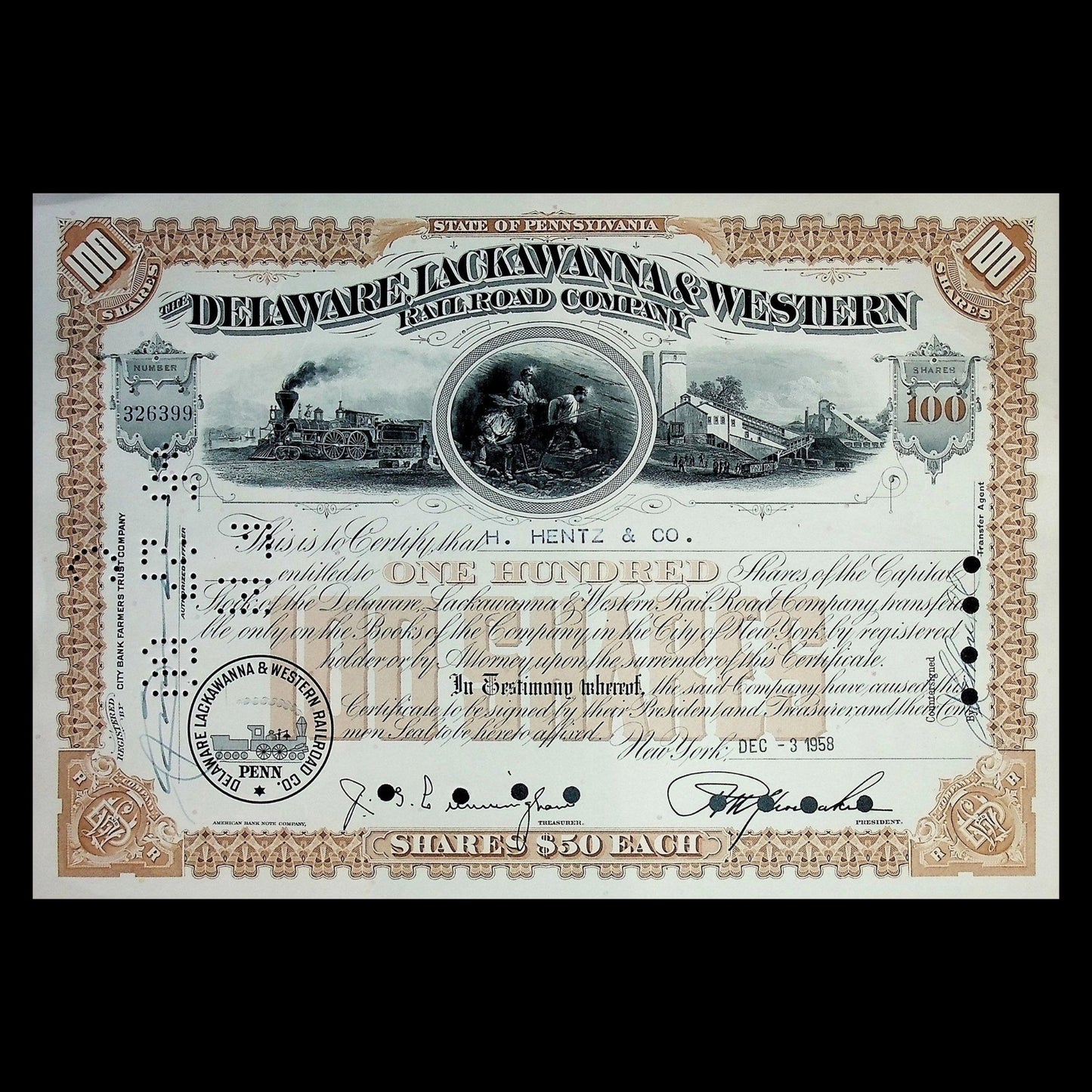
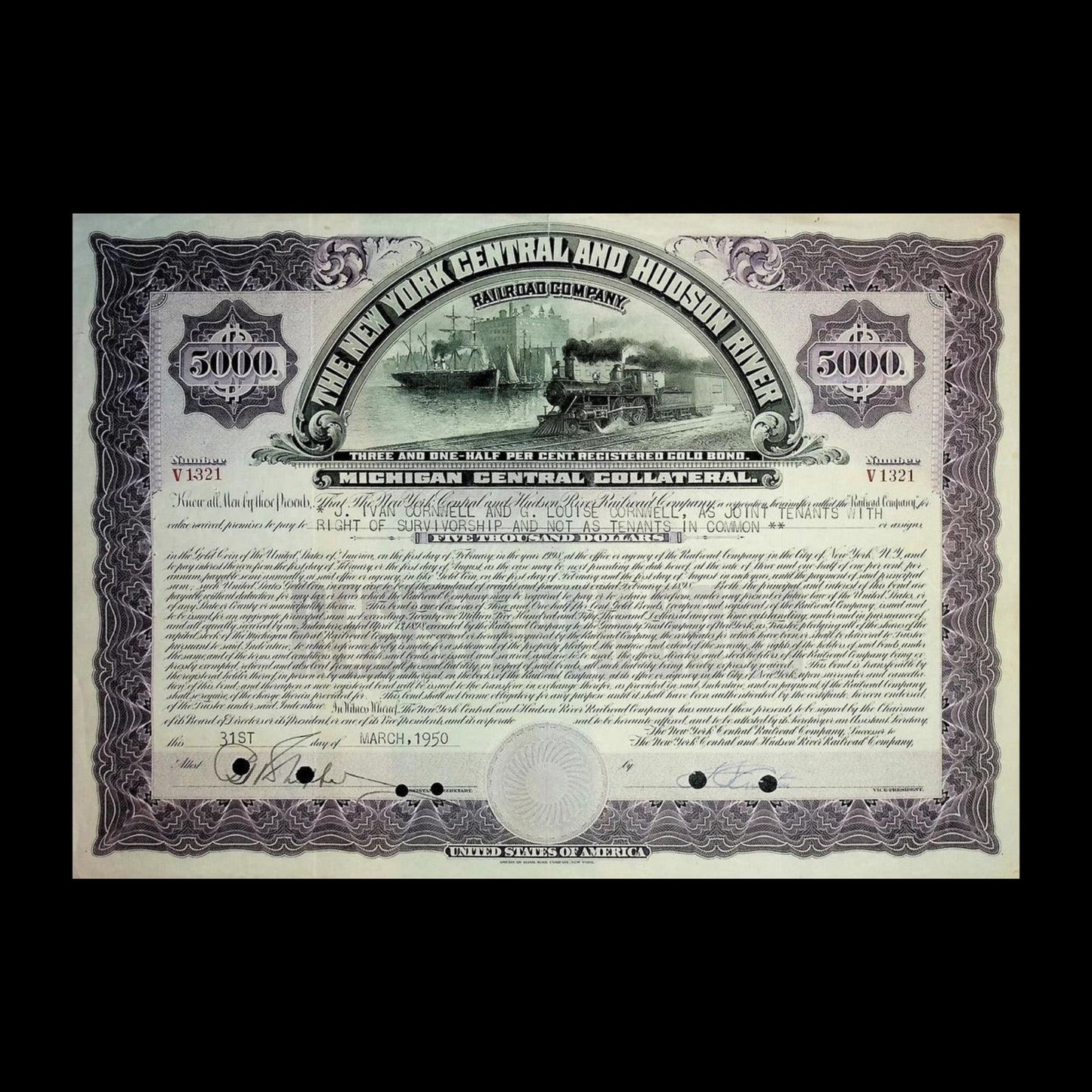
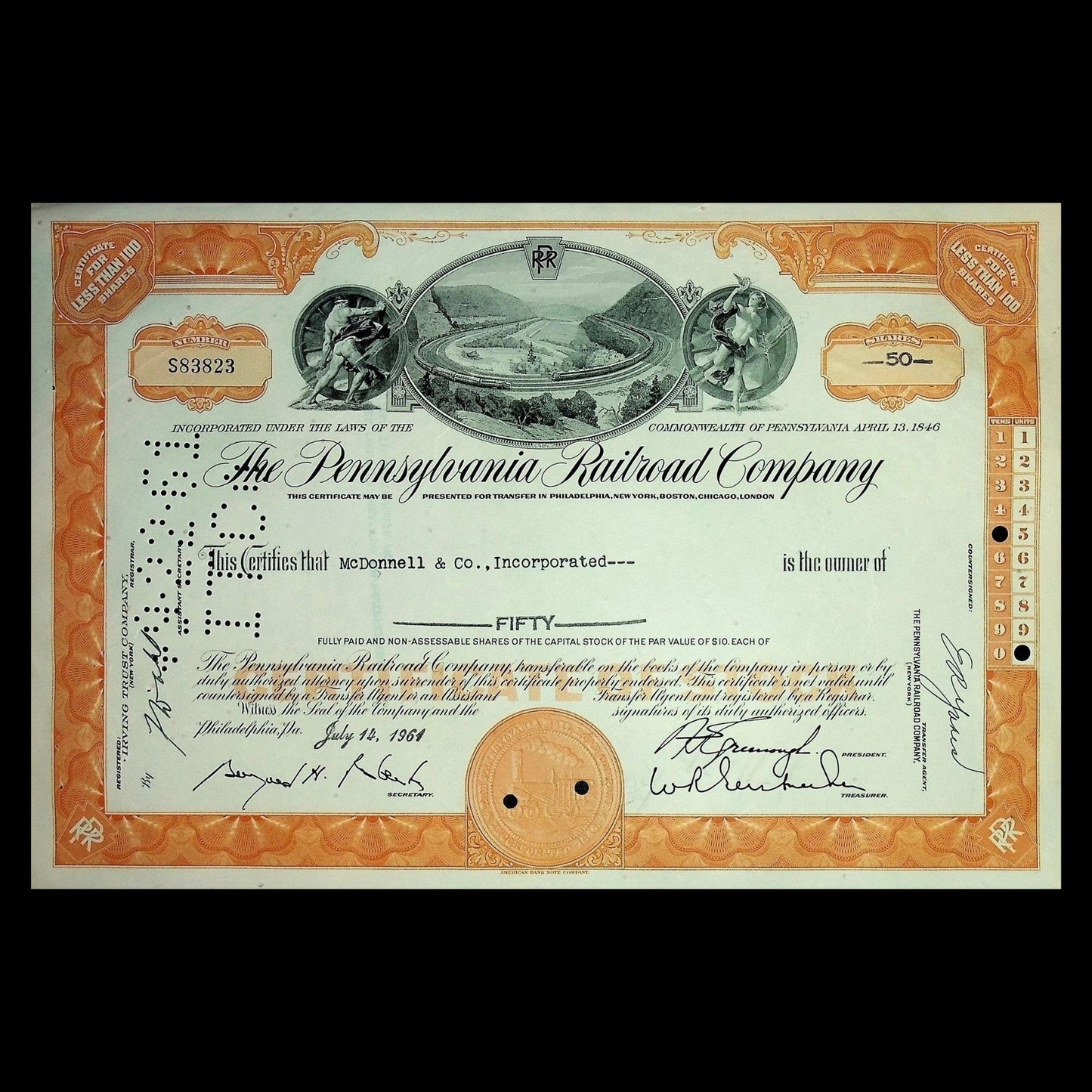
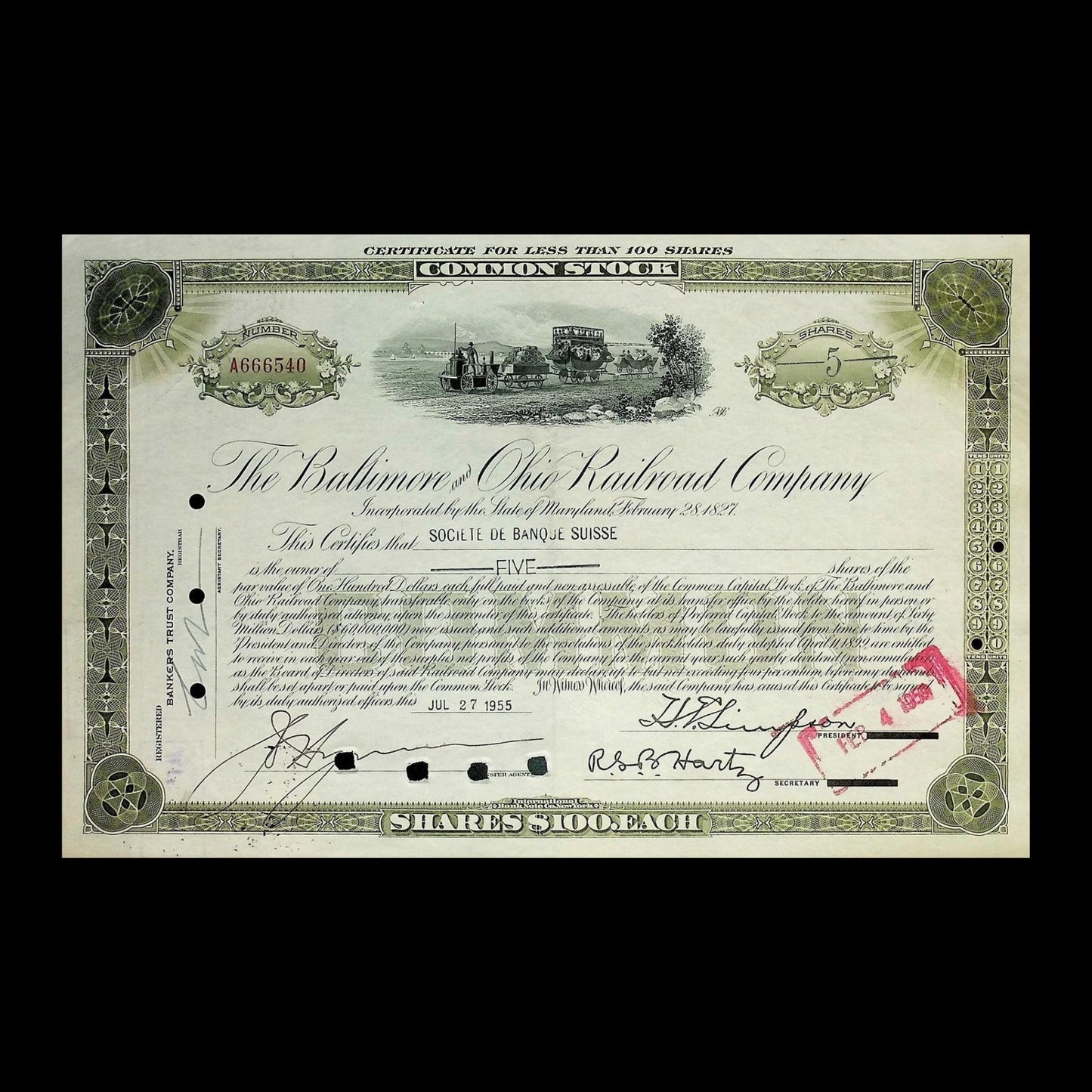
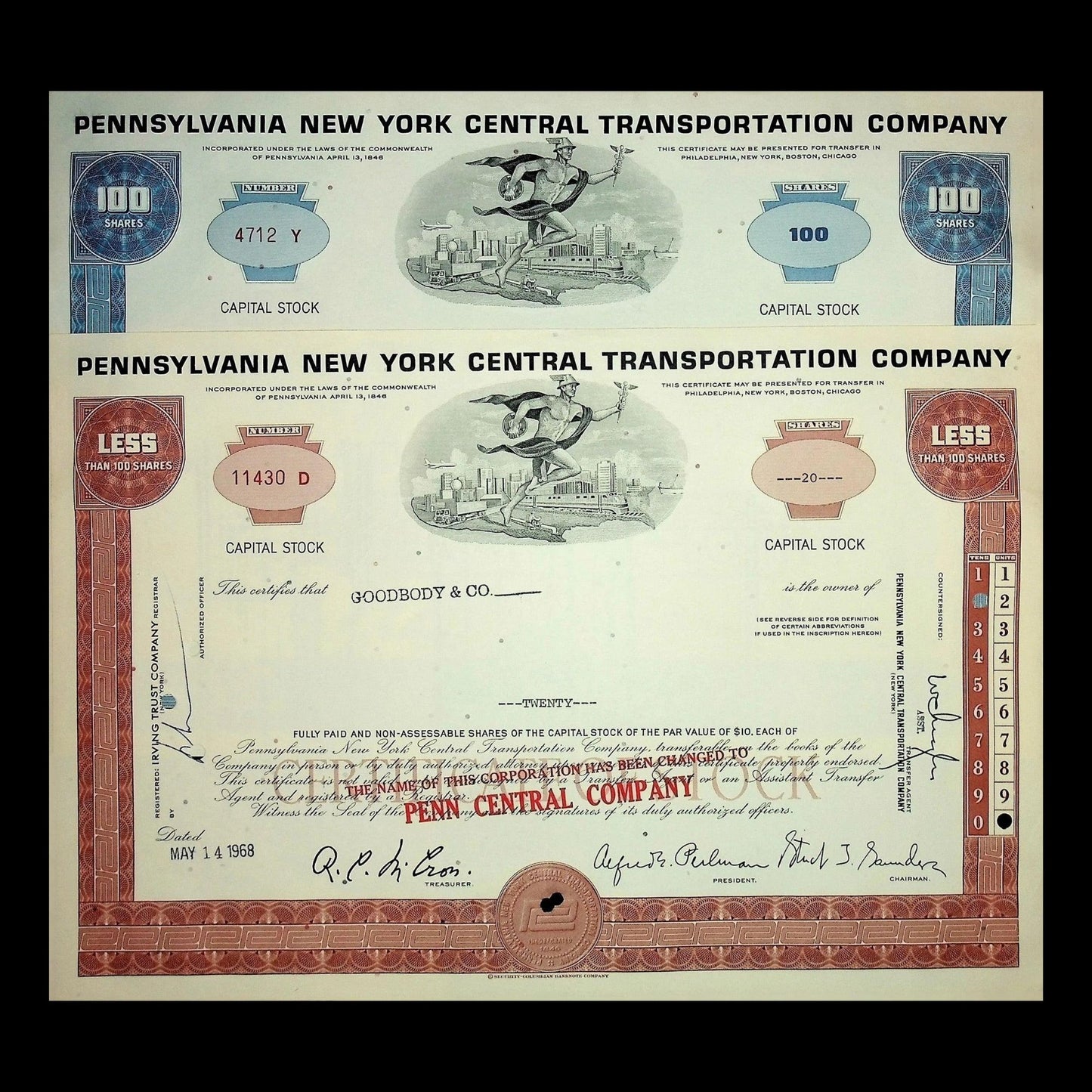
Discover 1,000s of Wall Street Collectables
Explore Our Collections
-
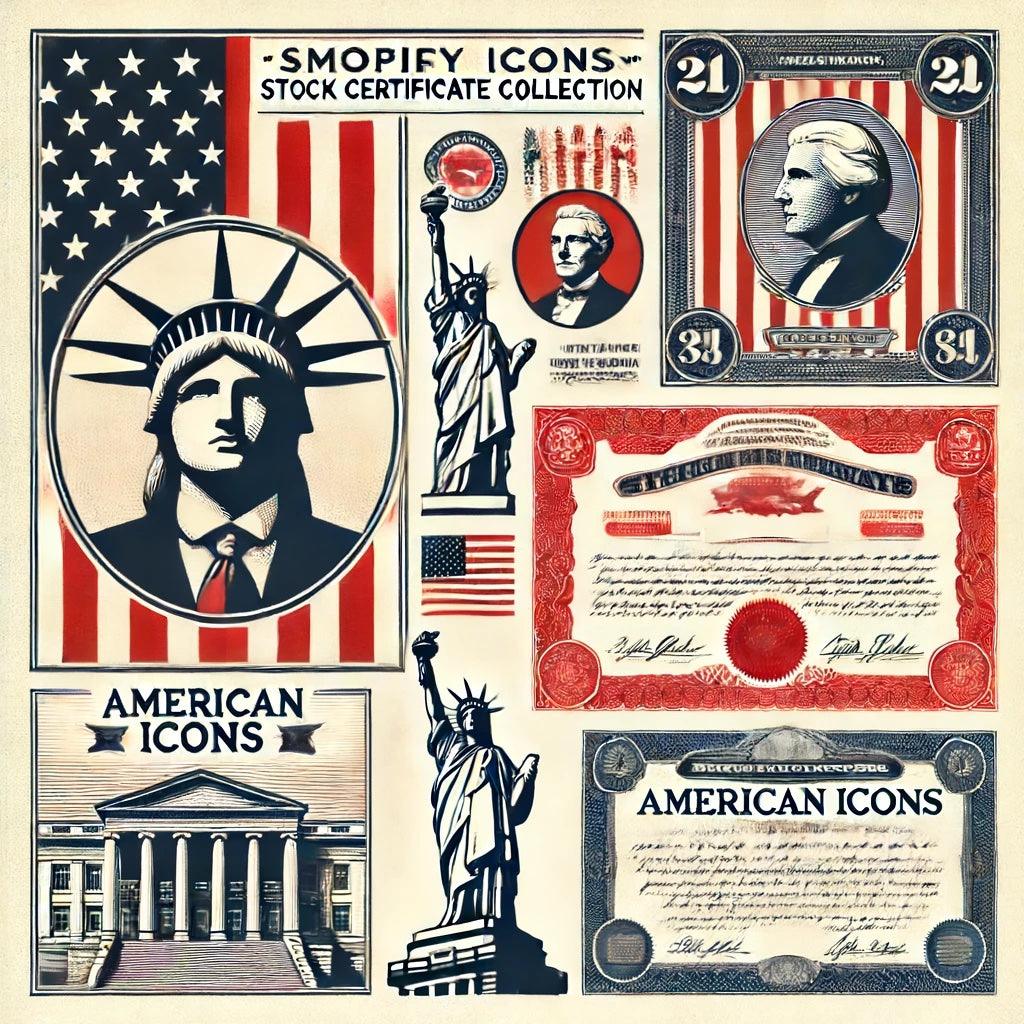
American Classics
Showcasing the evolution of American industry through beautifully engraved certificates from iconic...
-
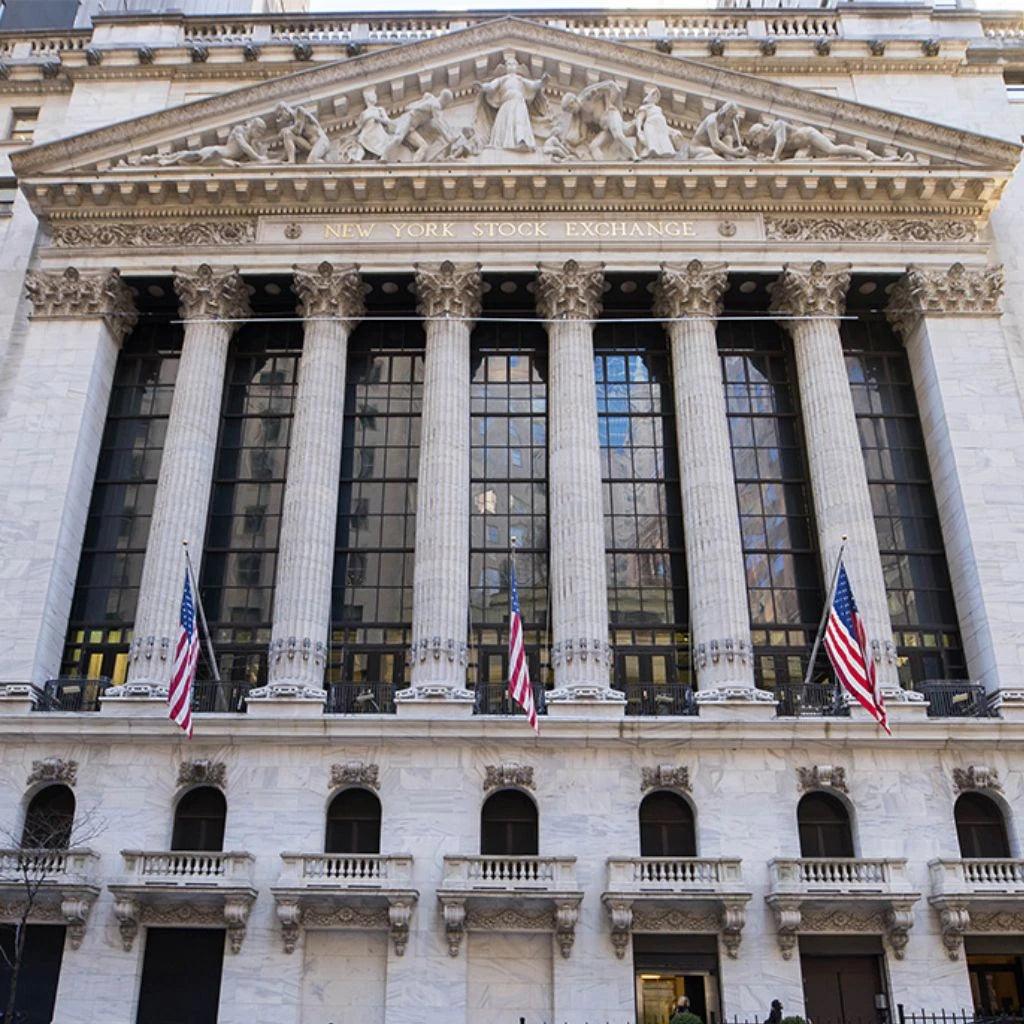
Banks, Insurance & Investment
Discover the rich history of American finance with our collection of authentic...
-
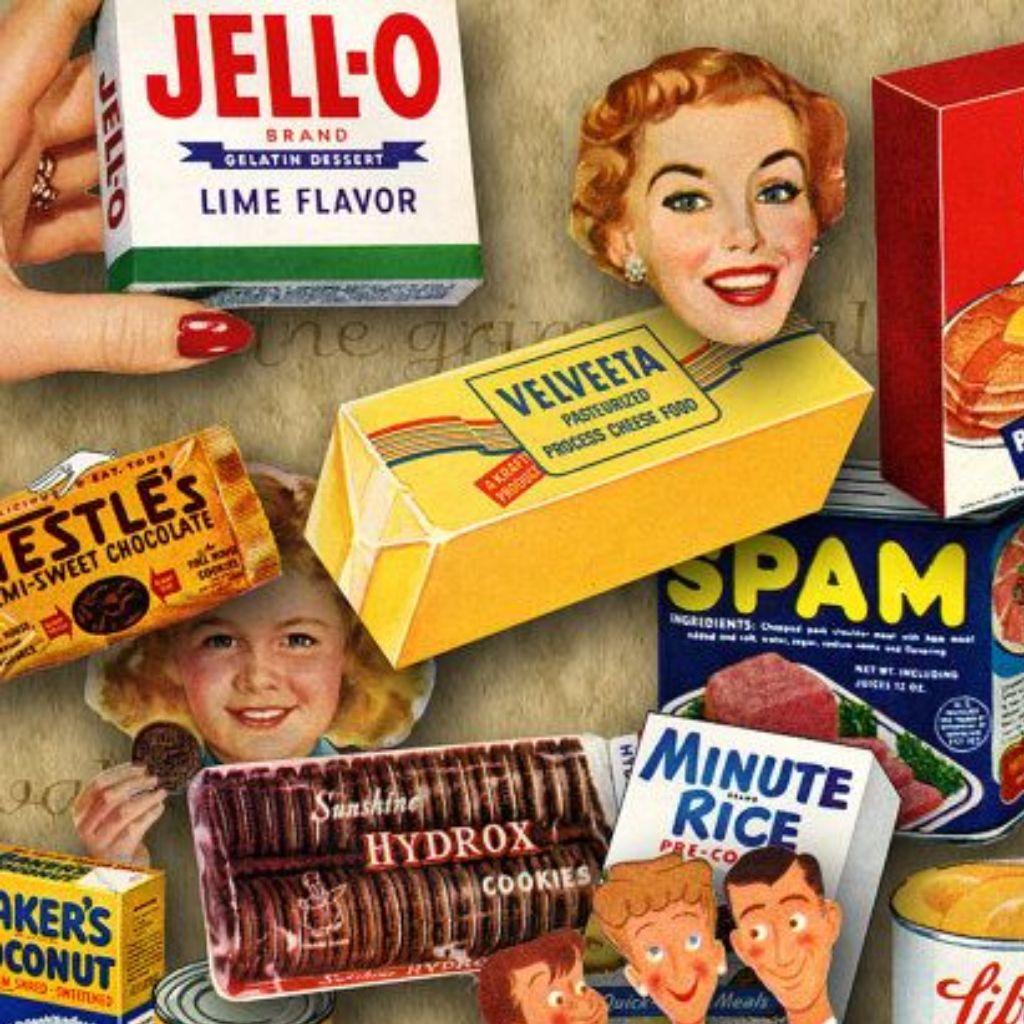
Food & Drink
Collectible Food & Drink Stock & Bond Certificates for Sale - Hershey's, Nabisco,...
-
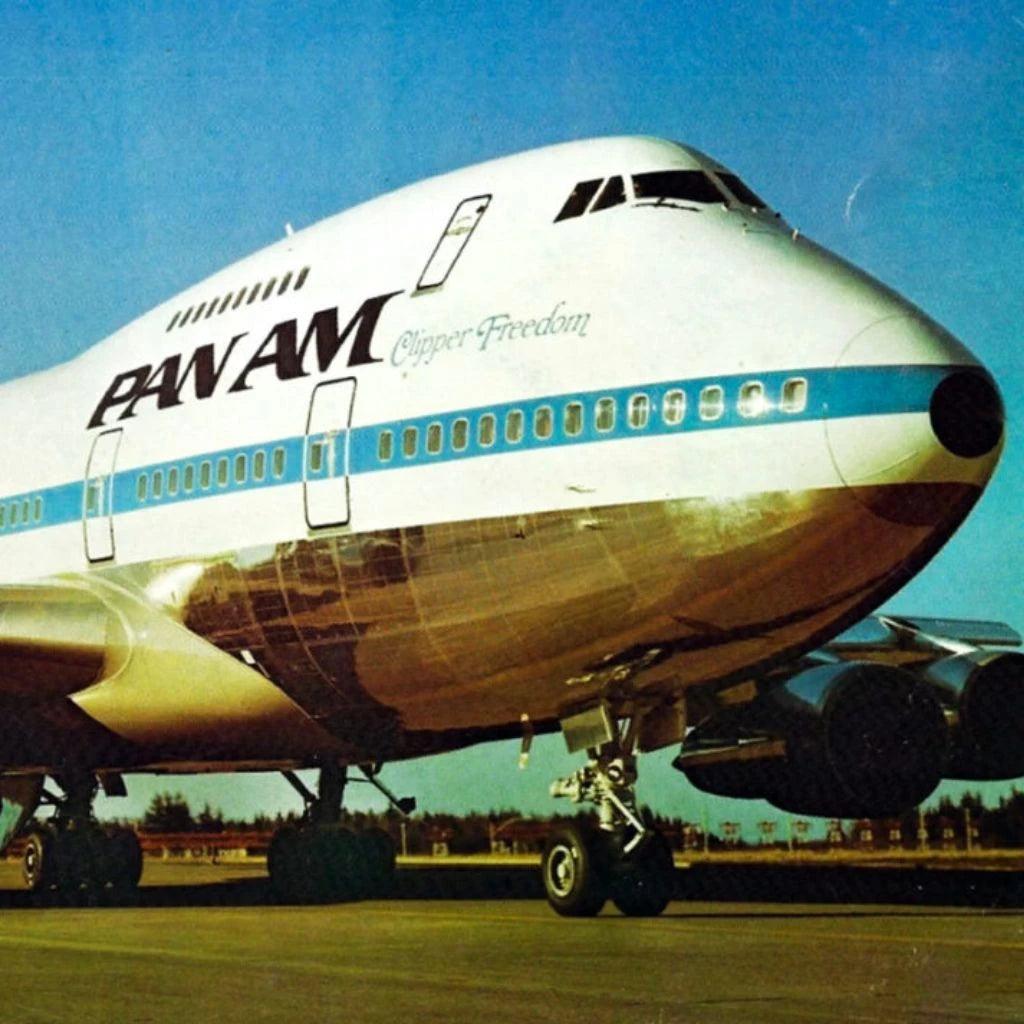
Transportation
Discover our collection of collectable stock and bond certificates for sale from...
-
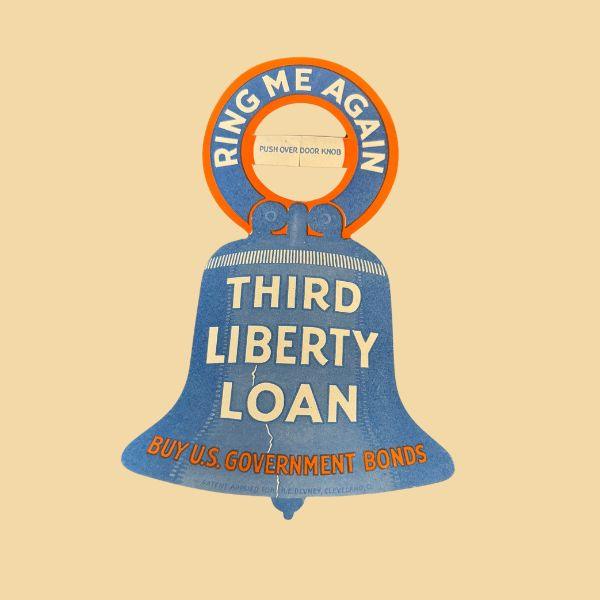
World Wars
Discover our unique collection of World War-era bonds and Disney wartime memorabilia,...
